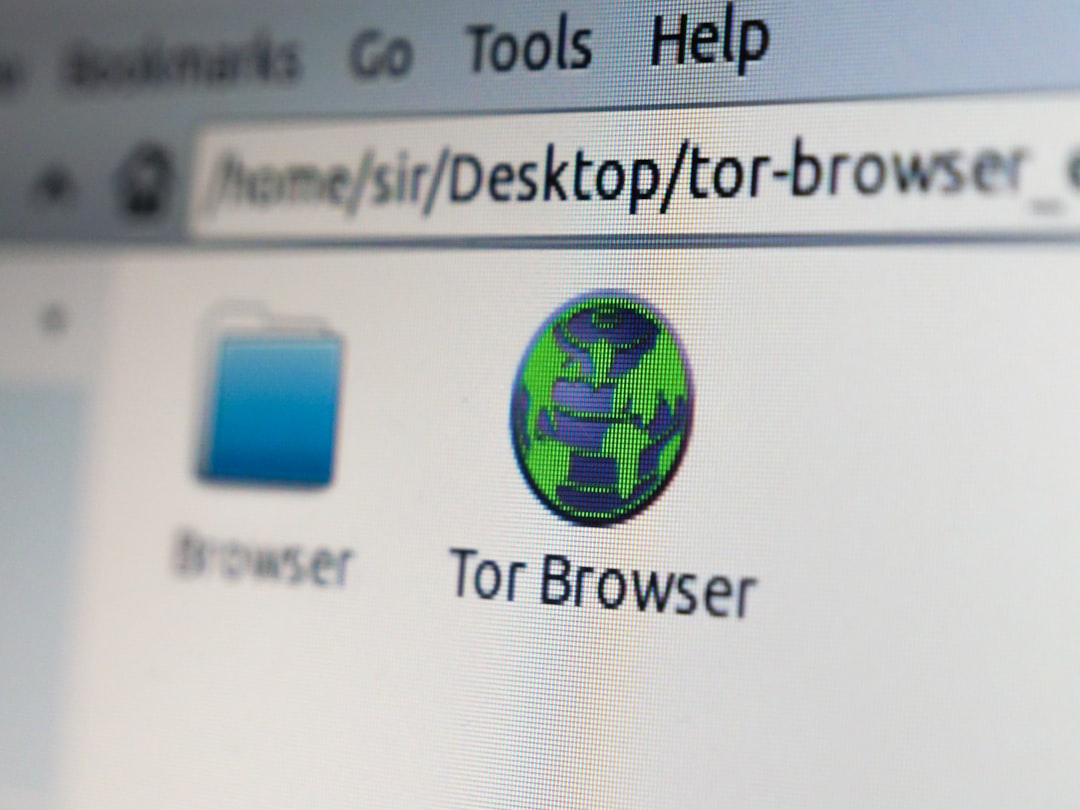Have you ever wondered if a residential VPN is better for your privacy than a regular VPN? It’s a good question. And honestly, it depends on what you’re looking for. But don’t worry. We’re going to break it down in a fun and simple way that even your tech-challenged uncle could understand.
First, let’s cover the basics. There are two main types of VPNs most people talk about:
- Datacenter VPNs – These use servers in big data centers. They’re fast, reliable, and built for performance.
- Residential VPNs – These connect through real people’s home internet connections. That means the IP address comes from an actual home, just like yours.
So, how do they compare when it comes to privacy? Let’s find out.
What Makes a Residential VPN Special?
Imagine you’re hiding in a crowd. That’s basically what a residential VPN lets you do. Since it uses a real home IP address, you blend in with all the internet traffic coming from homes around the world.
Websites and streaming services often block datacenter VPNs. But residential IPs? They look just like regular users. So the websites have a tougher time detecting or blocking them.

Cool, right? But wait! There’s more to the story.
What About Privacy?
Let’s be honest. The big reason most of us use a VPN is privacy. We don’t want companies, hackers, or internet providers snooping on us. So is a residential VPN better for that?
Well, yes and no.
Residential VPNs are good at hiding your activity from websites. Since they look like everyday internet users, it’s harder for websites to track you or block you.
But here’s the twist. Most residential VPN services use IPs from real people’s home networks. Sometimes they get those IPs by routing through people who’ve installed apps that share their internet connection. That means your data is going through someone else’s network before it hits the website. 🤨
This can create potential privacy risks, especially if the VPN company isn’t up-front about how they get access to those residential IPs.
On the Other Hand…
Datacenter VPNs are usually run by companies with dedicated servers. That means no random people are involved. These VPNs often come with:
- No-logs policies
- Strong encryption
- Kill switches to cut your internet if the VPN drops
They’re like bodyguards for your internet connection. Not always invisible, but very secure.
Speed and Reliability
Let’s face it. Nobody likes buffering.
Datacenter VPNs are generally faster. They have top-tier internet connections. Residential VPNs can be slower because they use typical home internet speeds. And if those speeds drop? So does your experience.
If streaming or gaming is your thing, you might lean toward datacenter VPNs. But if you just want to appear home-based and sneak past website filters, the residential route makes sense.

So…Which One’s Better?
Here’s a quick “battle card” to help you decide:
| Feature | Residential VPN | Datacenter VPN |
|---|---|---|
| Privacy from websites | Excellent | Good (but easier to detect) |
| Privacy from VPN provider | Can vary | More trustworthy (if audited) |
| Speed and reliability | Slower, less stable | Fast and stable |
| Bypass streaming blocks | High success | Can be blocked |
Final Verdict
If your main goal is to access restricted content and fly under the radar, a residential VPN is a great tool. It makes you look like just another user watching cat videos at home.
But if you’re after strong, reliable, and auditable privacy, a good datacenter VPN might be your best bet — especially from companies with transparent policies and solid reputations.
Whatever you pick, do your research. Not all VPNs are made equal. Choose one that values your privacy as much as you do.
Stay safe. Stay private. And don’t forget to clear your browser history. 😉

